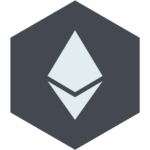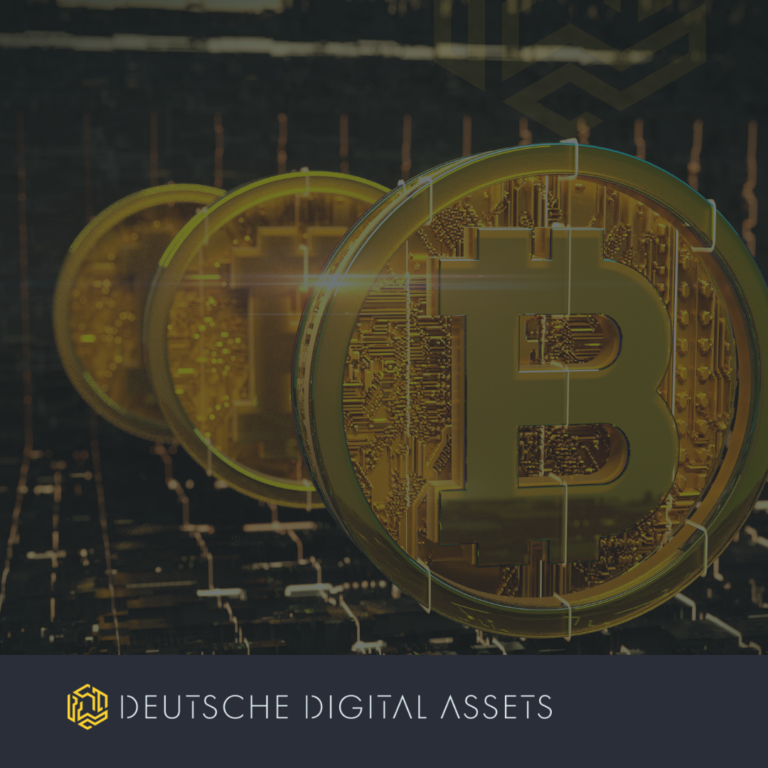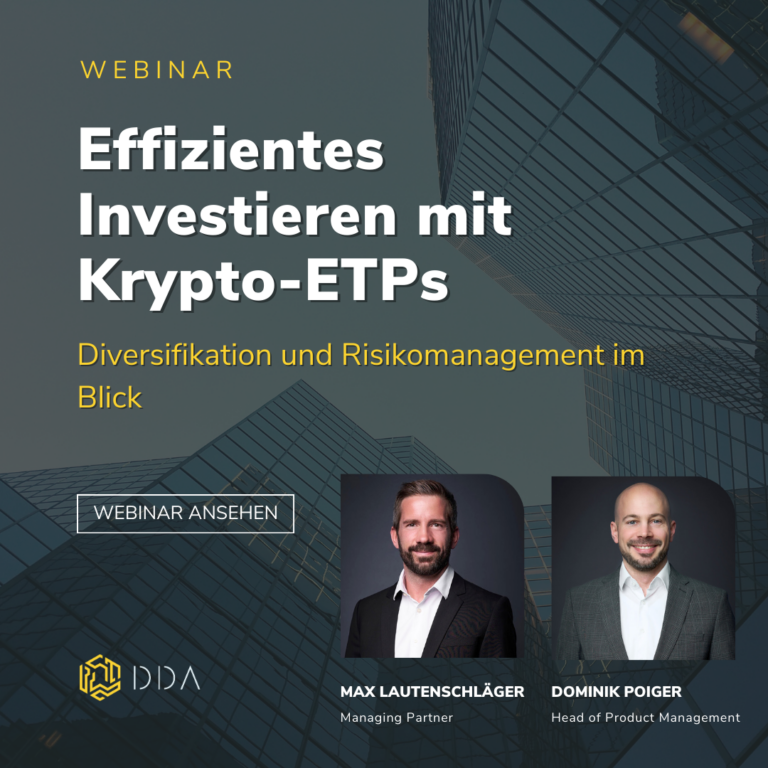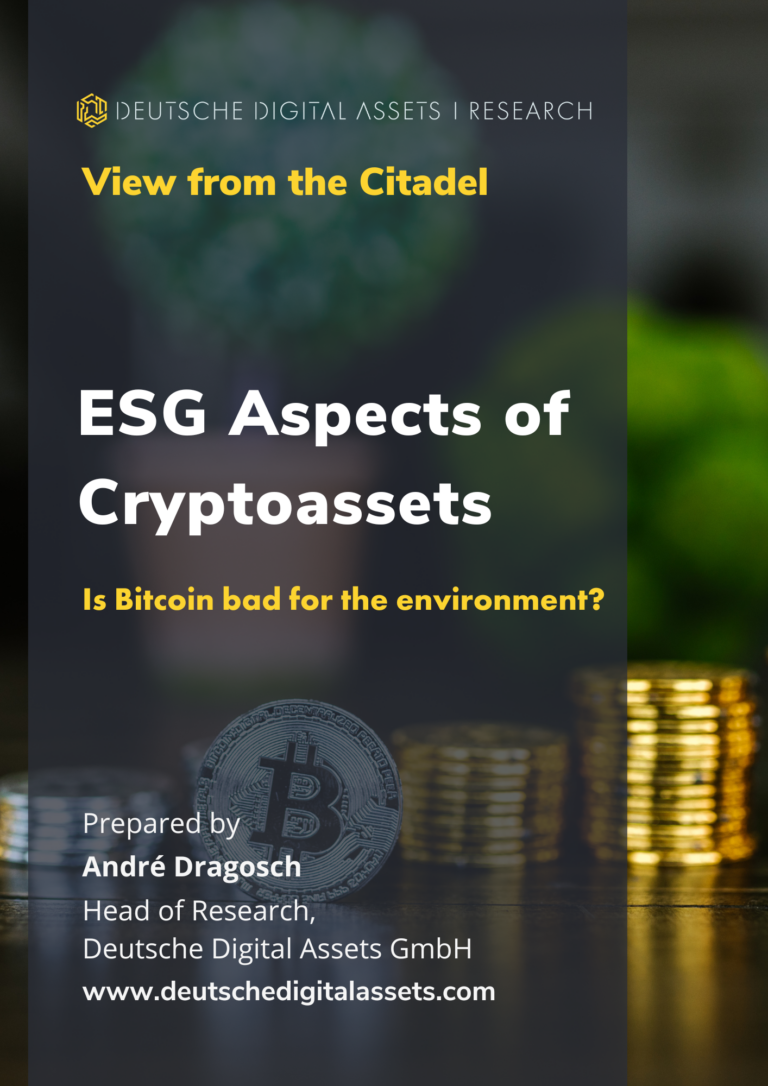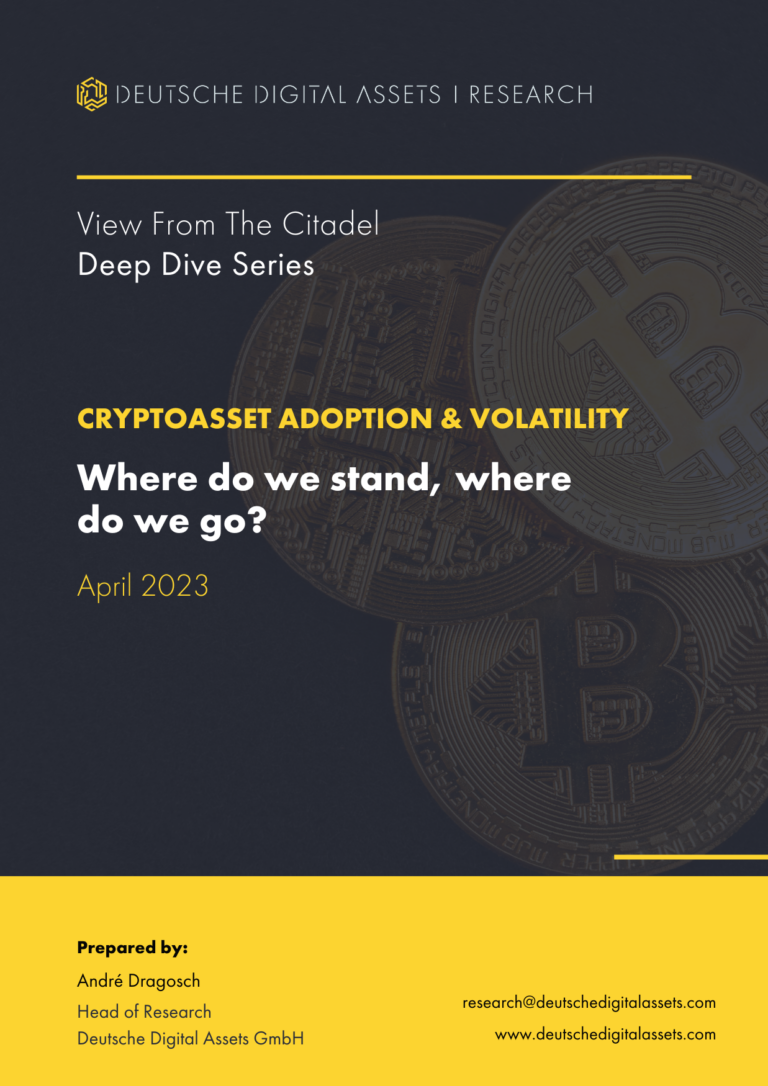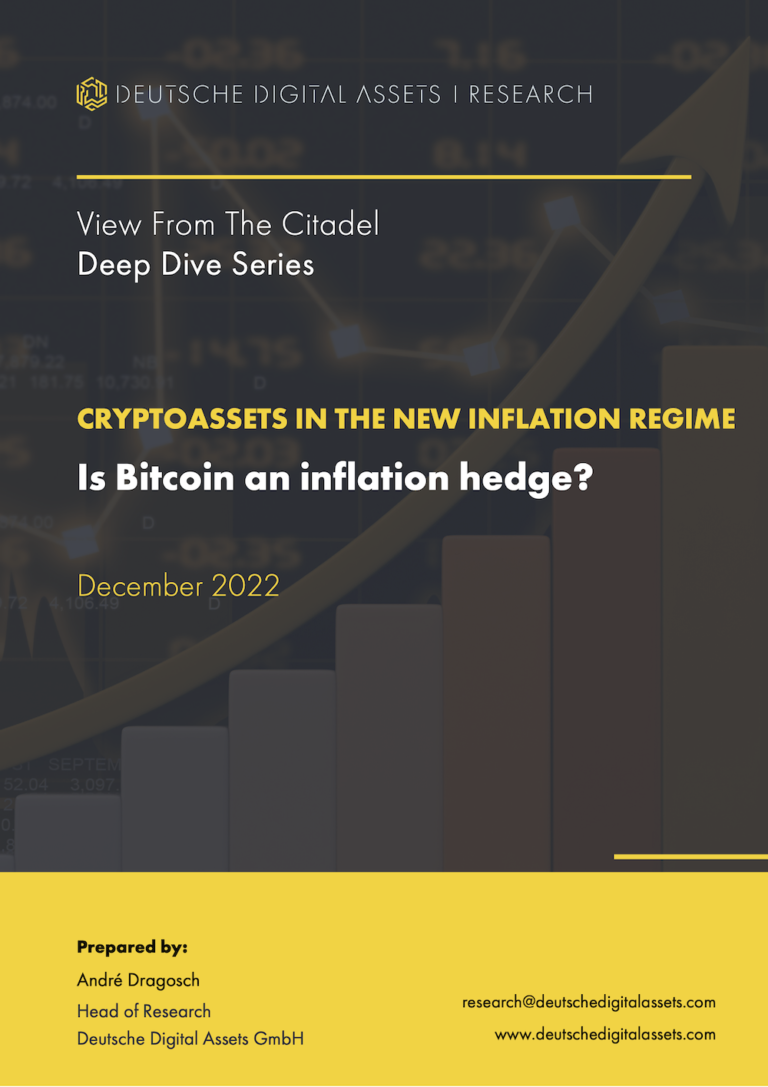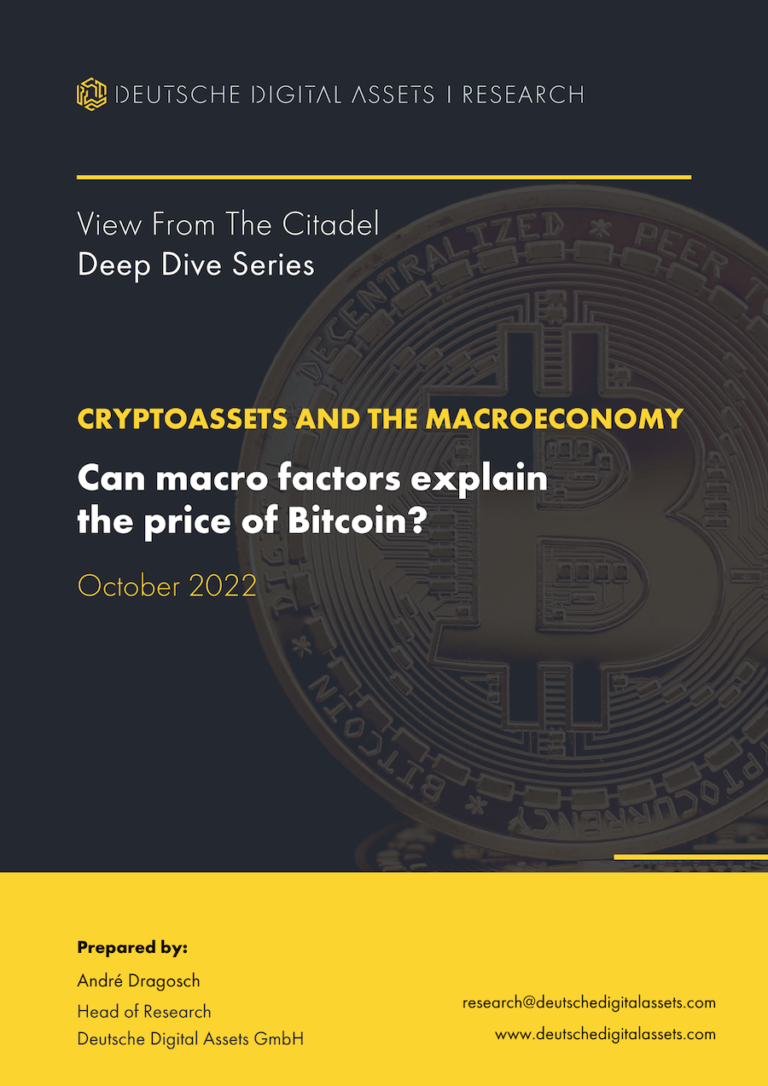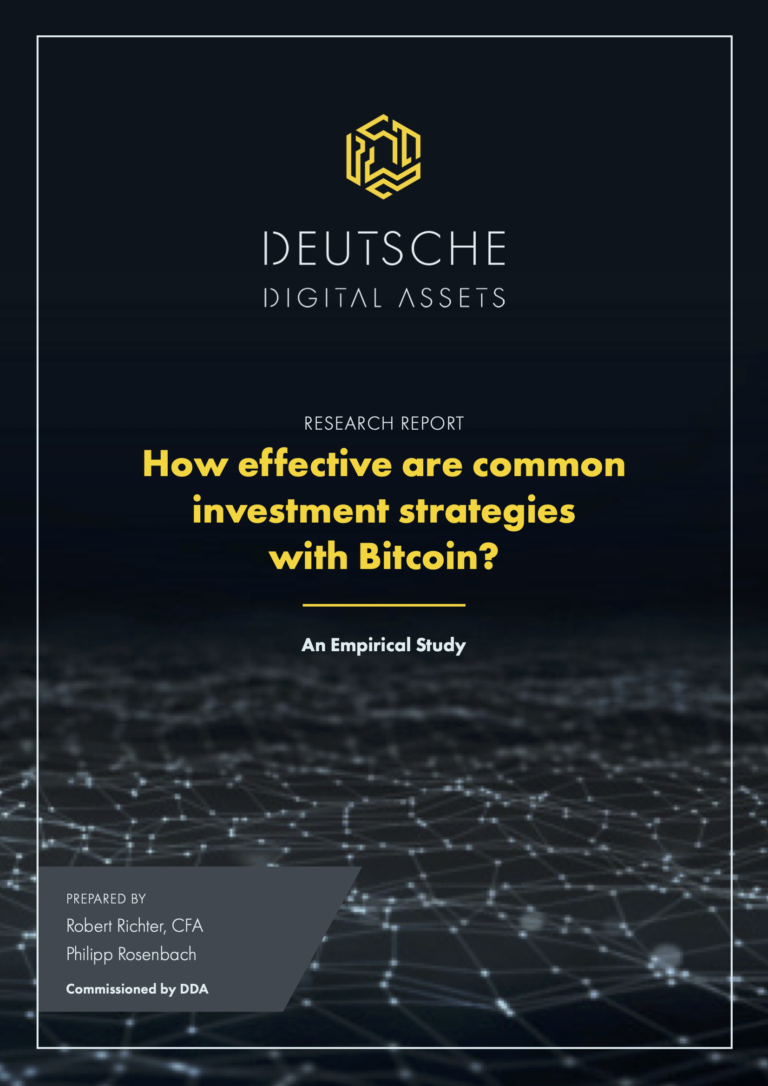By Patrick Lowry, CEO, Iconiq Lab
Coming out of college I was the co-founder of a Bio-Tech company, Voltaic Coatings, while at PwC. To seed the company, we participated in every business plan competition across the country we could find, winning many, and eventually received grants from Startup Chile and the National Science Foundation for product research. We sought VC investment for 5 years to optimize the product for mass production but ran into a wall of continuous “No’s”. As I moved on from Voltaic and began to establish myself as a VC later in my career, investors I have met have always asked me “how on Earth did Voltaic not get funding?”
And this is the inherent problem with the VC business model; the VC is a gatekeeper (a glorified term for an intermediary) to the early-stage investment ecosystem. Investors must trust them with their capital to invest into companies that will grow and scale, and startups must jump through hoops to receive funding originating from the VC fund investors. Now, many VCs leverage their expertise, experience and networks to deliver great value to investors and their portfolio companies, but VC’s have effectively become the biggest “pain-point” in their own industry. As VC’s pride themselves in identifying ventures which eliminate industry pain-points or intermediaries through innovation, it’s surprising the VC business model hasn’t innovated itself at all. Financing innovations such as crowdfunding and other alternative methods have aimed to disrupt this but have by-and-large failed to do so. A decentralized investment mechanism is clearly desired by the masses to bypass the centralized, albeit fragmented, VC model.
Enter the Initial Coin Offering or Token Sale (“ICO”). An ICO is the issuance of a coin along a native blockchain or a token through a smart contract in exchange for funding in cryptocurrencies such as Bitcoin or Ethereum. At a very high-level it is similar to an IPO except that investors do not receive an equity stake for their investment, but rather the rights to the “utility” of the tokens purchased. The ICO is the first decentralized investment solution with the real potential to disrupt the venture ecosystem, raising almost $4 billion in 2017.
ICOs and the crypto economy are not without their pitfalls, however, with many observers likening the revolution to the Wild West or Tulipmania. Even the most critical skeptics are not wrong; companies are raising over $100 million on the promise they may deliver a product, others are clearly illegal security offerings, some projects are, frankly, shit. Some even raise over $300,000 in a sale only to disappear over night without a trace, leaving only a blank webpage with the word for the male genitalia prominently featured where once a beautiful landing page promised the world to ICO investors. These are clearly projects no VC would finance, but the crowd still craves the ability to place investments on their own, even if they cannot perform due diligence well on their own.
So how do you balance the desire for decentralized venture investing with the same quality assurances the traditional VC offers? Our solution is Iconiq Lab, a global ICO and token sale accelerator with a premium ICO Investors club, the holders of the ICNQ Club Membership Token. Our team leverages our background as VC’s and investment managers to identify promising blockchain, crypto or tokenizable startups, providing them financing to complete their own ICO for a real-world business case in a fully compliant manner. The graduates of our accelerator program then can sell tokens to the ICNQ Club members, who have exclusive rights to their presales. ICNQ holders have the option, but not the obligation, to participate in these presales, creating a unique first-mover advantage for professionally vetted and developed ICO projects.
This effectively decentralizes the venture investing process but still provides VC-esque quality assurances in dealflow. Retail investors, who are largely disenfranchised to perform their own due diligence, can leverage Iconiq Lab’s ability to identify and develop projects for them to participate in the ICOs of. Institutional or accredited investors can rely on Iconiq Lab as an additional source of quality dealflow for their pipelines. The model provides quality assurance for all, allowing the decentralized investment process to flourish.
And this is the key. As the crypto economy evolves we will see more quality assurances become more prominent. This will come in the form of more quality projects weeding out scams and poor projects. Regulators will define their views of token sales in their respective jurisdictions creating clear and defined “rules of the game” for token sales. Other assurances, such as financial reporting for funds raised and milestone hurdles to unleash funds will hold ICO management teams more accountable to the ICO investors. Late in 2018, I believe we will see a massive surge of security-hybrid tokens offering profit sharing or other traditional equity elements to investors. With time and proper implementation of the aforementioned assurances, the crypto economy will begin to resemble the traditional financial institutional markets, albeit in a decentralized fashion. Creating such an environment is vital to the longterm sustainability of the crypto economy, and we an Iconiq Lab are at the forefront of this push.
To learn more about Iconiq Lab, the ICNQ token and our startups I would like to invite you to join our Telegram community at https://t.me/iconiqlabchat, where we would be happy to answer any questions you have and discuss hot-button crypto topics. I hope to see you there and wish you the best of luck on your crypto-journey!
Bio: Pat Lowry is the CEO and Managing Partner of Iconiq Lab, a global ICO and Token Sale accelerator program based in Germany. He was a member of the Deutsche Börse Venture Capital team, where he developed a strong passion for blockchain technology and alternative financing methods. He has a decade of financial industry experience, including as an associate at Graham Partners, a Philadelphia private equity fund, and PwC as an auditor of private equity, hedge and mutual funds. Patrick was a co-founder and the CFO of Voltaic Coatings and holds an MBA and a CPA license in addition to a BS in Finance and Accounting.w


